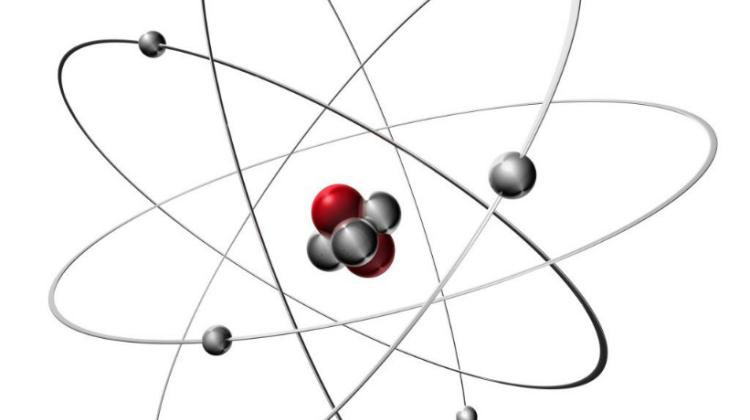STEM4youth: Strictly speaking - science is cool

Science subjects are not terrible, they are really cool - scientists want to show high school students in the STEM4youth program. Researchers from several EU countries, coordinated by the Poles, are developing an e-learning platform and teaching materials, which will show the benefits of studying STEM disciplines.
Mathematics, physics, chemistry, medicine - these disciplines are not easy to study, but it certainly pays off. The program STEM4youth will show students what jobs are waiting for graduates of STEM disciplines and how the economy and society benefit for the development of these disciplines.
The program that will show students what jobs are waiting for graduates of STEM disciplines (and how the economy and society benefit for the development of these disciplines) - is being prepared jointly by centres from seven countries, including Poland.
STEM4youth coordinated by the Warsaw University of Technology won funding (1.8 million euros) in the programme Horizon 2020. The project involves centres in Poland, Greece, Slovenia, Italy, Greece, Czech Republic, Spain.
"The European Commission is aware that the STEM disciplines can scare young people. It is not that visible in Poland, but in Europe there is drought, when it comes to candidates for STEM studies" - pointed out in an interview with PAP project coordinator Dr. Przemysław Duda from the Faculty of Physics, Warsaw University of Technology. He gave the example of the university that had 10 times fewer candidates for chemistry studies than offered places. According to Dr. Duda, this trend is not favourable for the development of STEM disciplines.
"In order to encourage young people to study science we want to build an e-learning platform. It will contain learning materials for seven disciplines: mathematics, physics, astronomy, chemistry, medicine, engineering and medicine - said Dr. Duda. - Each partner will prepare materials in the national language and in English".
He added that the platform will also be a place for joint projects by students from different countries.
The team from Warsaw University of Technology will focus on physics. "We want to show that physics is not scary. And that someone who finishes these studies is not doomed to become a teacher. There are a lot of attractive career paths - including companies that use modern technology" - noted Dr. Duda.
"The goal we set for ourselves is to show some physical phenomena, and explain how they translate into everyday life" - he said. He gave the example of the so-called photoelectric effect which consists in the emission of electrons from the surface of the materials when exposed to light. Describing this phenomenon not only allowed us to better understand the world that surrounds us (for example the corpuscular-wave nature of light). These studies have also contributed to the development of many inventions. Dr. Duda mentioned, among others, photovoltaic panels. This subject gives the chance to work in this area. "We want to show similar relationships on the examples of a number of physical phenomena" - said Dr. Duda.
"We will bring the materials that we prepare to schools - said STEM4youth project coordinator. - Students will receive research tasks, so that they can feel like real scientists."
In addition, the project STEM4youth will include a competition for research projects of high school students. Dr. Duda announced that in the competition students will be invited to form international teams.
The project is a continuation of the project e-physics carried out at Warsaw University of Technology. In the framework of that initiative, scientists prepared a free multimedia physics textbook for high schools, which contains dozens of videos, animations and virtual lessons. Registered schools can also use a remote laboratory to teach physics. Participants can remotely control the devices in the laboratory at Warsaw University of Technology and watch the result of experiments via webcam. The team from Warsaw University of Technology also prepared a virtual laboratory in which simulations of experiments are available.
The project STEM4youth will continue until 2019. It will be available to high schools.
PAP - Science and Scholarship in Poland, Ludwika Tomala
lt/ zan/ mrt/
tr. RL
Przed dodaniem komentarza prosimy o zapoznanie z Regulaminem forum serwisu Nauka w Polsce.















